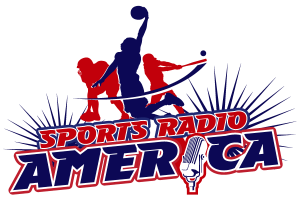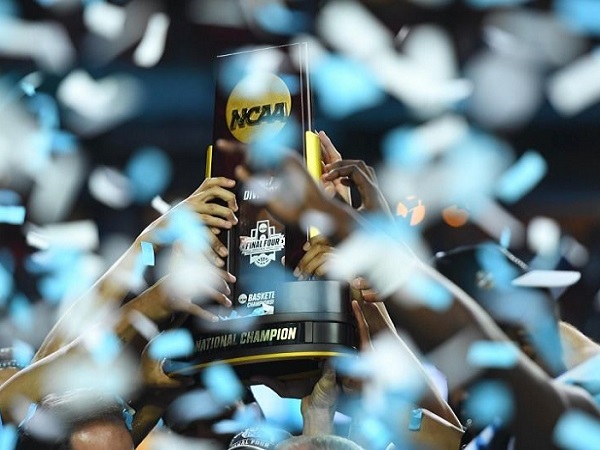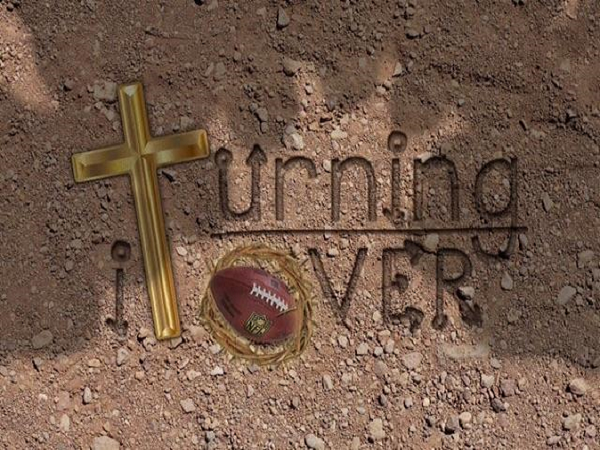This author has written that the four keys to a successful sports franchise are a great venue, lease, market, and personnel. The four keys are essential points to be favorably secured during the negotiation and operation for and of a professional sports franchise. The terms and conditions negotiated will play out, for better or worse, throughout the franchise’s tenure in the city.
In addition to a great franchise venue, lease, market, and personnel, there are five keys to landing a professional sports franchise in your city. Five keys that the Seattle ownership group utilized to land a professional hockey franchise for the Seattle, Washington area.
- Great Partnerships
There are four important parties to a professional sports franchise relationship: the fans, the owner or ownership group, the league, and the city government. In luring a franchise to a city, all four must be in agreement. In leading and continuing a successful franchise, all four must also support the franchise. All four make for a great market that lures the media and thus dollars from licensing the copyrighted broadcasts. One could do a history lesson on all the struggling sports franchises and invariably it was a bad owner, city leadership, or an unwilling league office, which resulted in an uninterested fan base. Fans want one thing: effort and more important, winning. Without the above, all is lost in this business.
The Seattle hockey ownership, known as the Oak View Group, of David Bonderman (TPG Capital) and Hollywood Producer Jerry Bruckheimer put together a team with experience in the industry that could navigate all issues with solutions, money to support the purchase and buildout, and dedication to see the project through. Many sports franchise purchase failures stall on one of the aforementioned issues, lacking a skill or money in one or the other.
- The League’s Blessing
The five major sports leagues in America, which include Major League Baseball, Major League Soccer, National Basketball Association, National Football League, and the National Hockey League, all have processes to obtain, move, and/or purchase an existing or new/expansion franchise. Moreover, when you want to join an industry club, you must be a part of the network of people already or have an introduction to the network to gain membership. This makes sense because not everyone has the skill set to run a successful professional franchise, which includes delegating to great personnel as needed. Alternatively, one has the skill, but not the money. Professional sports franchises games are broadcast to millions so the trust and relationship must be there or it must be built. The league should really be and are the gatekeepers to not only ownership groups, but the cities where franchises will be located. Sports headlines have long included stories about owners and cities who did not support or know how to run or support a successful sports franchise.
- Franchise Succession Plan
Sometimes a franchise has a negative history and needs a plan to move from the past to the future. This is called the franchise succession plan. This is your plan submitted to the city, the fans, and the league that you will do something to bring the franchise out of the past. Generally, the focus is on learning from history with application of those lessons to a successful future.
- Franchise Success Plan
The franchise success plan focuses on building the four essentials into a franchise: a great venue (paid with private funding generally results in faster and more efficient results), negotiating a favorable lease (if applicable, to land and/or venue), market (how the new ownership group will sustain and grow the current market of fans and broadcasting rights for sale), and personnel (hiring the right people for the various roles with the franchise, from sales, to operations (team and venue), to government relations).
Recent successful examples of the above include the following on-going or completed projects: the aforementioned Seattle NHL franchise/David Bonderman and Jerry Bruckheimer/Key Arena renovation, the Los Angeles Rams/Stan Kroenke/Los Angeles Stadium at Hollywood Park/Los Angeles Stadium and Entertainment District (LASED), Golden State Warriors/Joe Lacob and Peter Guber/Chase Center in San Francisco, and the Los Angeles Football Club/Peter Guber, et al./Banc of California Stadium. All used private funding. All are doing extremely well as existing franchises moving to new homes or as new franchises starting in new homes. Lastly, a city government providing a discounted land deal also never hurts.
- Beat the Competition
Unsurprisingly, competition on the field in sports is preceded by competition in the marketplace for sports franchise owners. Today, there is a specified bidding, approval, voting, private presentation, and negotiation process to secure a professional sports franchise. Ownership groups must win over the fans, the league, the city, and all competing bids.
Knowing the above, is it any surprise that certain owners own multiple franchises? Not at all, they know the process and the five keys to the city, specifically in landing a professional sports franchise. Ownership groups must have and develop great partnerships, secure the relevant sports league’s blessing, create, present, and implement a succession plan, a success plan, and together must beat the competing ownership group bids to secure a professional sports franchise.























